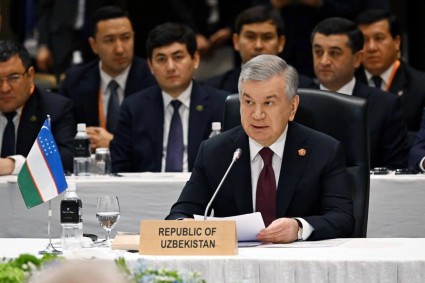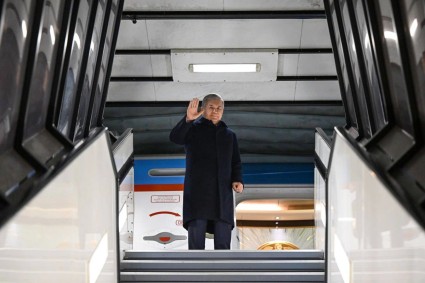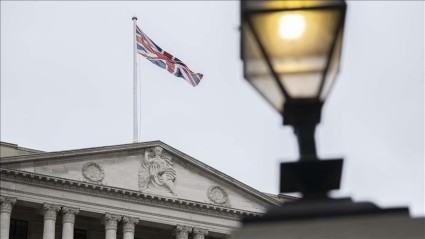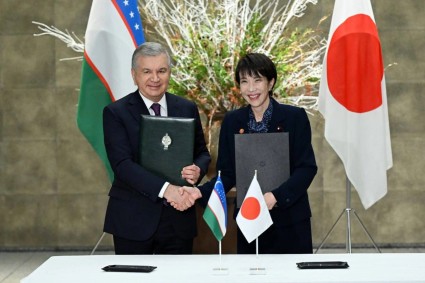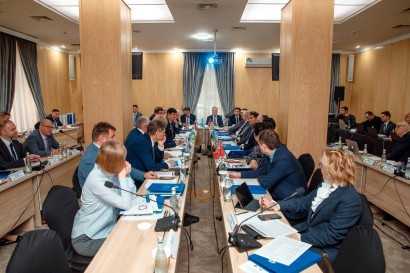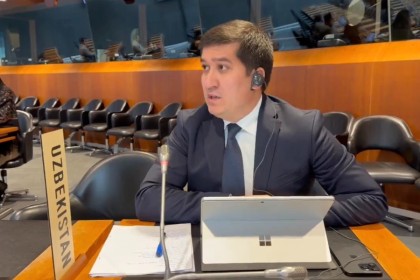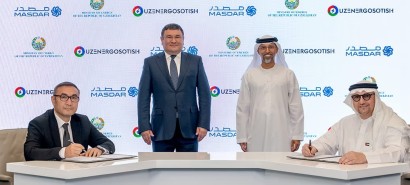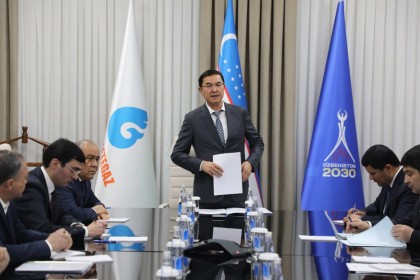The European Union could slap trade restrictions on countries helping Russia acquire washing machines and used cars to repair its battle-stricken fleet of tanks.
Officials monitoring trade flows to Moscow have noticed a significant uptake in the trade of consumer goods between the bloc and the Kremlin’s traditional allies in central Asia.
It is feared that the new routes, which have jumped up in activity between 60 and 80 per cent, are being used by Russia to circumvent the implementation of Western sanctions designed to cripple its war machine.
European capitals are discussing plans to hit countries involved in helping Moscow dodge the punitive measures with trade sanctions, according to a confidential paper seen by the Telegraph.
The proposal could see any country, business or individual, restricted from accessing the single marketif evidence is discovered that proves they have re-exported banned goods to Russia.
“We should give a strong signal to persons and entities in third states,” according to the confidential paper.
“The provision of material support to Russia’s military and defence industrial base will have severe consequences regarding their access to the EU market.”
'Dual-use technologies'
Many of the goods being shipped contain so-called “dual-use” technologies, which have both military and civilian applications, that are on a list of items prohibited for export to Russia.
Officials have noted that it is mainly washing machines, second-hand cars and cameras that are among the items leaving the EU for the likes of Kazakhstan, Kyrgyzstan and Uzbekistan.
It is feared many of the goods are being stripped down, and the semiconductors and other components being used to rebuild Russia’s tanks, armoured vehicles and surveillance drones that have been damaged in Ukraine.
“This is a huge problem,” a senior EU diplomatic source said. “A massive part of that sanction fabric is being undermined.”
The majority of shipments leaving the EU head to Belarus, via the land border with Lithuania, before being re-exported to central Asia.
Officials are able to track the export declarations as far as the bloc’s external border before the shipments effectively disappear and are possibly moved into Russia.
Frontier closed
The majority of the shipments leave the EU via the bloc's land border with Belarus.
Poland has shut the frontier in order to close the loophole, but the route between Lithuania and Minsk is still open.
In private talks, Vilnius has complained that 97 per cent of the trade through its border with Belarus has come from other member states.
The eastern capital is among 19 member states that have endorsed the plan to slap trade restrictions on countries assisting Moscow.
Under the plan, as well as widening sanctions on Russia's allies, the bloc would first seek diplomatic talks with central Asian countries to warn them of the consequences.
Kazakhstan, one of Moscow's closest partners in the region, has already promised to monitor goods that pass through the country.
Surge in trade
The country's trade with Russia surged last year as sanctions hindered Moscow's access to Western markets.
Kazak officials have promised to publish "real-time tracking of the entire chain of movement of goods from border to border".
"We understand all the risks of secondary sanctions, so we closely monitor our mutual trade with all partners," a Kazak official told the FT.
Turkey, Armenia and the UAE are also being carefully watched by G7 diplomats for potential help being offered to Russia's war machine.

